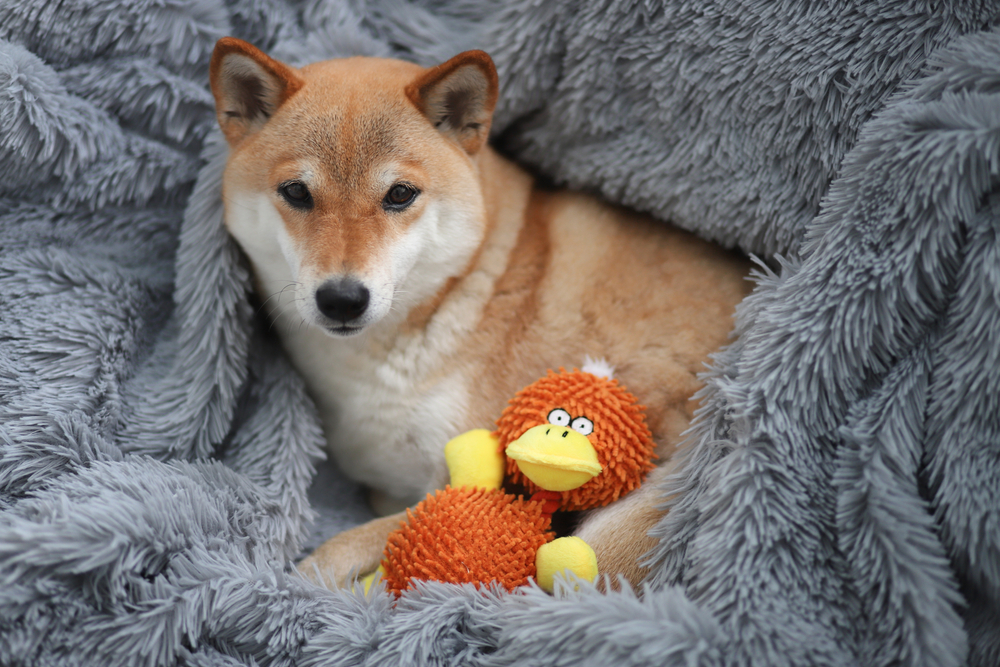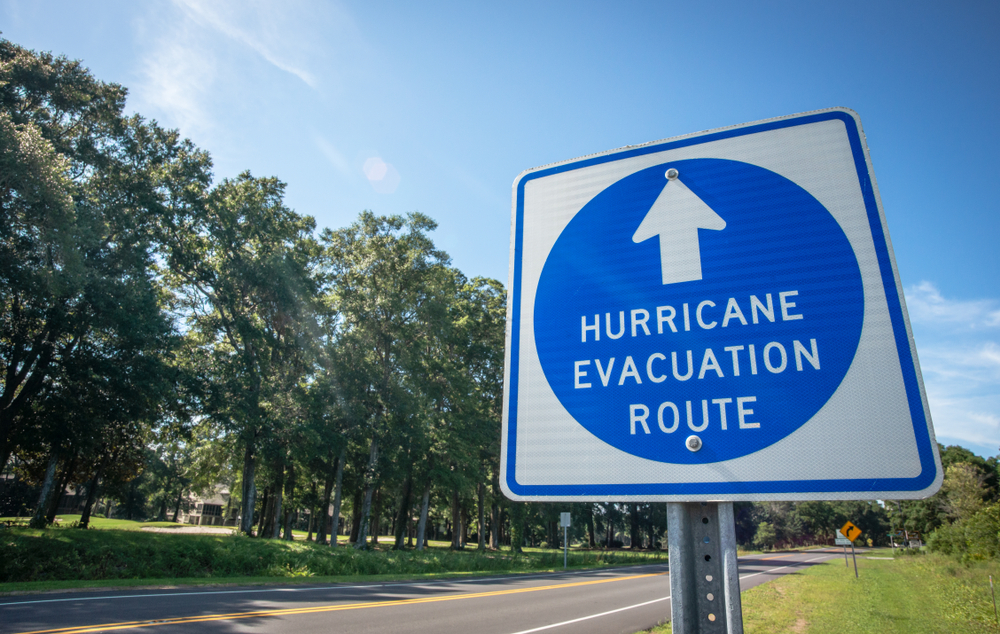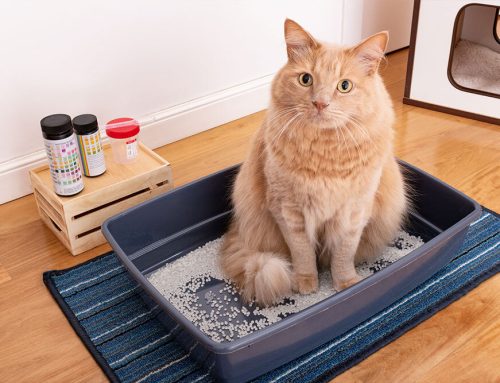Floridians dread the start of the Atlantic hurricane season every year on June 1st, and often have the Weather Channel permanently playing on their television until the end of the season in November. Although tropical storms and hurricanes are a common occurrence in South Florida, you must ensure you and your pet are prepared should a catastrophic storm be headed your way, or an evacuation be necessary. Pets are especially vulnerable during natural disasters, and at risk for injury or becoming lost. Many lessons were learned during Hurricane Katrina in 2005, when more than 250,000 animals were displaced or died as a result of this powerful storm. Our Driftwood Animal Hospital team wants to ensure you and your pets are prepared and safe during hurricane season, and we provide five hurricane preparation tips for your pet.
#1: Keep your pet’s vaccinations current and ensure they are microchipped
Yearly, or more frequent, veterinary examinations combined with vaccinations are the safest, most effective way to ensure your pet remains healthy, and protected from common infectious diseases. Additionally, most boarding facilities, shelters, and pet-friendly hotels require proof of your pet’s vaccinations. During your pet’s wellness visits, our veterinarian will perform a nose-to-tail examination, and discuss recommendations for core and non-core vaccinations, depending on your pet’s lifestyle. Also, ensure your pet is microchipped, and that their microchip registration is updated with current contact information. Many pets are displaced or go missing during a hurricane, and a microchip is the safest, most effective, and only permanent means of identifying your pet.
#2: Make a list of pet-friendly evacuation options
The stress of preparing for a hurricane can make a quick response difficult, should a mandatory evacuation be ordered for your area. Never ignore mandatory evacuation notices, and download the FEMA app for the most current updates during a hurricane. Plan your evacuation route ahead of time, and make a list of pet-friendly boarding facilities, shelters, and hotels along your route. Contact your friends or relatives to ensure you have a back-up pet care plan, should pet-friendly lodging be unavailable. Additionally, contact lodging facilities ahead of time, to ensure you have all the pet paperwork, such as proof of vaccination, they will require when you arrive.
#3: Prepare a pet hurricane kit
Power outages and evacuation notices commonly occur during hurricane season. Like people, pets require clean food, adequate water, and supplies to survive for extended periods during and after an active hurricane. Therefore, assembling a well-stocked pet emergency and first aid kit will ensure you can respond quickly, and care for your pet at a moment’s notice.
In the event of a power outage, or during an active hurricane, you may not be able to immediately bring an injured pet to our Driftwood Animal Hospital, so consider enrolling in a pet first aid certification course as part of your pet hurricane preparedness plan. Remember, pet first aid is never a substitute for veterinary care, but allows you to stabilize your pet prior to professional treatment, and may be life-saving during a hurricane. Pre-assembled pet first aid kits may be purchased, or you can create your own using this checklist. Place your pet’s hurricane supplies in labeled, dated, waterproof bins to ensure all items remain clean and dry. Additionally, your pet’s evacuation kit should include the following:
- A minimum seven-day supply of food, water, and medications for each household pet
- Food and water dishes
- A manual can opener
- A spare leash, harness, and collar with identification tags
- Elimination supplies, including waste bags, litter, litter scoop, disposable boxes, and cleaning materials in case of accidents
- A well-ventilated and size-appropriate crate that is large enough for your pet to stand up and lie down, labeled with your name, phone number, and your pet’s name
#4: Create a pet identification and medical record file
Whether you are evacuating to pet-friendly lodging, or sheltering at home during a hurricane, you must be prepared with your pet’s paperwork. This information is also helpful when a shelter or boarding facility is caring for your pet. Keep digital and hard copies of all pertinent pet records, including a current photo of you and your pet, readily available. Additionally, pet identification records are critical in proving ownership, should your pet become displaced or go missing during a hurricane. Important records to place in your pet’s file include:
- Number and address of our Driftwood Animal Hospital, and a list of veterinary emergency hospitals along your evacuation route
- Your pet’s adoption paperwork, or other proof of ownership
- A written description of your pet, including their age, breed, color, markings, and personality traits
- List of your pet’s medications and dosing instructions
- Copy of your pet’s vaccination records and any significant medical history
- Your pet’s microchip number and registration information
- Your pet health insurance policy number
#5: Provide your pet with calming and comforting items

Many pets are sensitive to environmental changes, and may become anxious during hurricane preparations, or during a storm. Additionally, pets who are noise averse to thunderstorms, or fireworks, will likely experience anxiety during a hurricane, if you are sheltering at home. Ask our veterinarian whether your pet could be a candidate for prescription anti-anxiety or sedative medication. Ensure you provide your pet with comforting and calming items, which may include:
- Favorite bed, toy, or stuffed animal, and blanket
- Playing calming music, and speaking to them calmly
- Pheromone calming spray, such as Adaptil, or Feliway
- Long lasting treats, chews, or puzzle toys, to prevent boredom
Call our Driftwood Animal Hospital if you have any questions about preparing your pet for a hurricane, or to schedule an appointment for microchip placement or check-up to ensure their chip is functioning properly, and that their vaccinations are current.








Leave A Comment